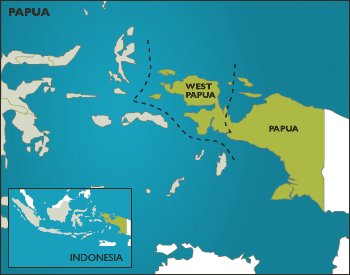- Home
- About
- Campaigns
- Regions
- Themes
- Agrofuels
- Climate justice
- Coastal communities and fisheries
- Disasters
- Economy & debt
- Energy
- Foreign investment
- Forests & forest fires
- Human rights
- Indigenous Peoples
- International Financial Institutions
- Land and food security
- Laws & regulations
- Mining, oil & gas
- Plantations
- Politics & democracy
- REDD
- Regional autonomy
- Transmigration
- Water and dams
- Women
- Publications
- Links
- Contact
Theme
- Agrofuels (11)
- Climate justice (26)
- Coastal communities and fisheries (16)
- Disasters (5)
- Economy & debt (28)
- Energy (17)
- Foreign investment (86)
- Forests & forest fires (80)
- Human rights (106)
- Indigenous Peoples (108)
- International Financial Institutions (18)
- Land and food security (49)
- Laws & regulations (45)
- Mining, oil & gas (91)
- Plantations (49)
- Politics & democracy (34)
- REDD (10)
- Regional autonomy (39)
- Transmigration (15)
- Water and dams (11)
- Women (17)
Campaign
- Climate Justice and sustainable livelihoods (15)
- MIFEE (19)
- Agrofuels and oil palm plantations (3)
- Coal (4)
- BP - Tangguh (21)
Publication
- Newsletter articles (137)
- Special reports & briefings (5)
- Books (1)
- Photos and videos (4)
- Workshop resources (1)
- Fact sheets and updates (3)
- Press releases & position papers (5)
- Letters (3)
Papua







